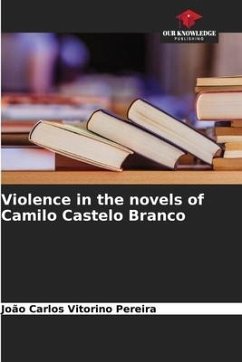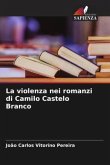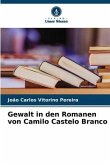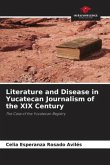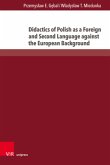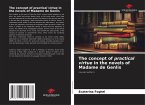This work aims to demonstrate that the Camillian novel is more similar to the novel of violence than to the novel of love. We first propose a typology of violence based on a large corpus. We then study the functions of violence in the Camilian narrative, which awakens archaic fears in readers in search of violent emotions, which are constantly maintained by a language that is itself violent. Finally, we will define the writer's axiology and his religious conception of man and the world, which is doomed to decadence and sovereign evil, but in which there is a place for the renewal of the soul. The dominant theme of violence underlies a moralizing discourse on transgression and punishment and on the tragic human condition. Approached through the prism of violence, the Camilian novel appears as a formidable attempt to demystify the family, history, power, bourgeois society, which always advances masked, the feeling of love and the writing itself, which Camilo Castelo Branco reveals to the reader, if it were necessary, the great mystification.
Bitte wählen Sie Ihr Anliegen aus.
Rechnungen
Retourenschein anfordern
Bestellstatus
Storno

